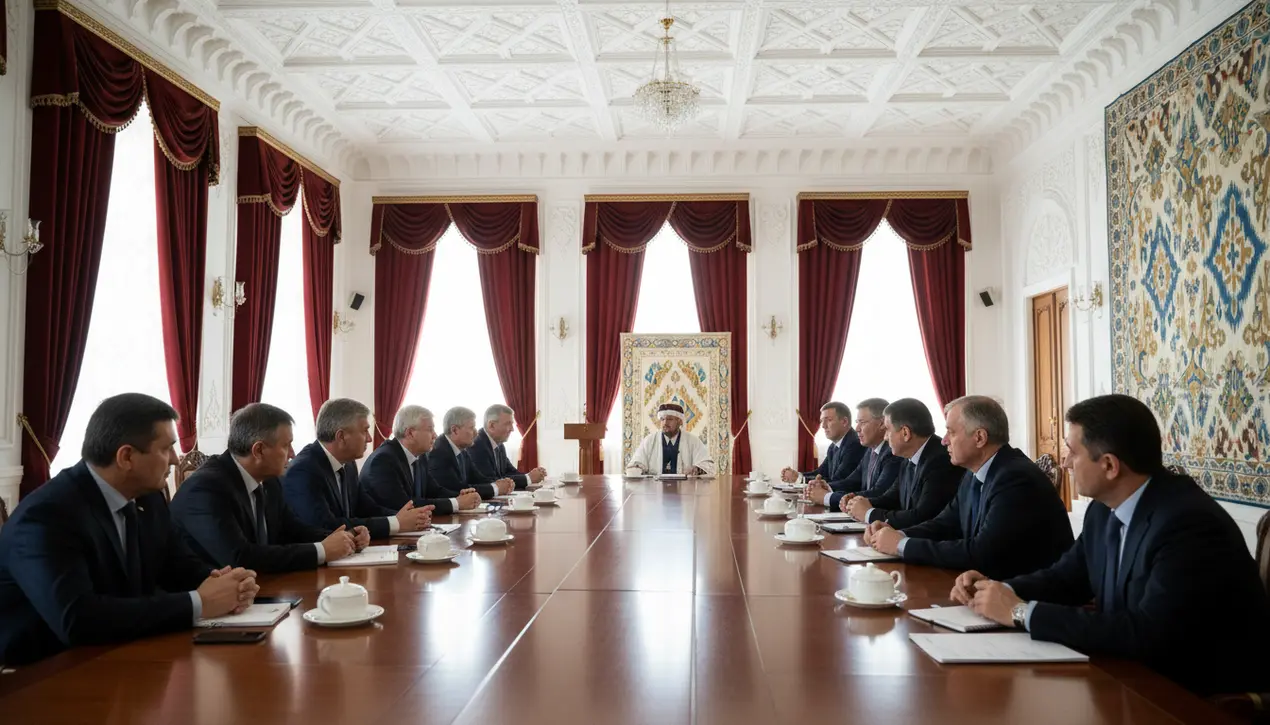
PoliticsdiplomacyBilateral Relations
Central Asian and Caucasus Bloc Forges New Path with Landmark Tashkent Pact
RO
Robert Hayes
3 hours ago7 min read3 comments
In a decisive move to reshape their geopolitical destiny, leaders from Central Asia and the South Caucasus have solidified a new regional compact. The landmark summit in Tashkent resulted in a concrete agreement to deepen economic, infrastructure, and security cooperation among Kazakhstan, Uzbekistan, Kyrgyzstan, Tajikistan, Turkmenistan, and Azerbaijan.This pact signals a strategic pivot for nations historically within the orbit of major powers like Russia and China, driven by a renewed imperative for self-reliant stability. The war in Ukraine has served as a catalyst, exposing the risks of strategic dependency and accelerating the search for indigenous frameworks to ensure security and economic resilience.A central pillar of the new initiative is the development of the Trans-Caspian International Transport Route, a vital corridor designed to bypass traditional bottlenecks and directly link the region to European and Middle Eastern markets. On security, the collaborative framework aims to present a unified front against shared threats, including terrorism, narcotics smuggling, and instability emanating from Afghanistan.The strategic inclusion of Azerbaijan, a key energy player and logistical bridge across the Caspian, significantly enhances the bloc's collective weight. While the ambition is clear, the alliance's long-term viability will be tested by its ability to navigate persistent internal disputes over resources and borders. The emergence of a cohesive Central Asian-Caucasus bloc holds the potential to fundamentally recalibrate the balance of power in the region, presenting a new and influential actor on the world stage.
#Central Asia
#South Caucasus
#Tashkent summit
#regional integration
#economic ties
#security cooperation
#diplomacy
#featured
Stay Informed. Act Smarter.
Get weekly highlights, major headlines, and expert insights — then put your knowledge to work in our live prediction markets.
Related News
Comments
Loading comments...
© 2025 Outpoll Service LTD. All rights reserved.